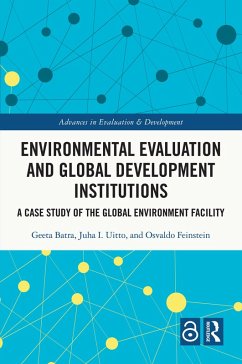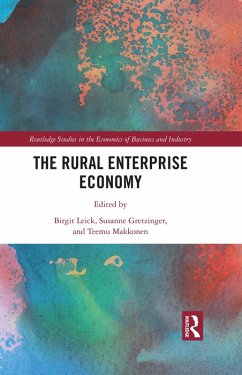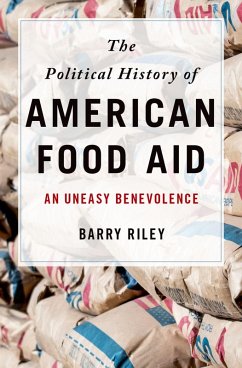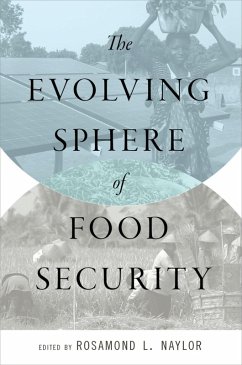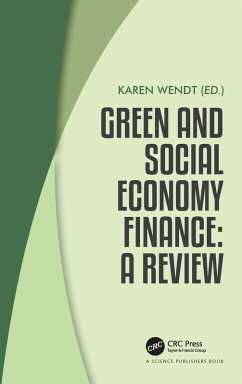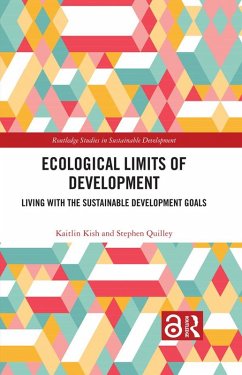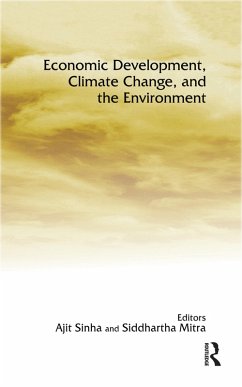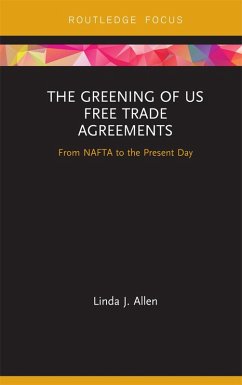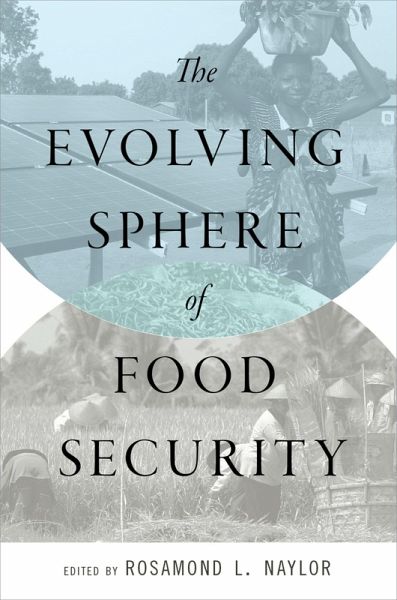
The Evolving Sphere of Food Security (eBook, PDF)
Versandkostenfrei!
Sofort per Download lieferbar
37,95 €
inkl. MwSt.
Weitere Ausgaben:

PAYBACK Punkte
19 °P sammeln!
Hundreds of millions of people still suffer from chronic hunger and food insecurity despite sufficient levels of global food production. The poor's inability to afford adequate diets remains the biggest constraint to solving hunger, but the dynamics of global food insecurity are complex and demand analysis that extends beyond the traditional domains of economics and agriculture. How do the policies used to promote food security in one country affect nutrition, food access, natural resources, and national security in other countries? How do the priorities and challenges of achieving food securi...
Hundreds of millions of people still suffer from chronic hunger and food insecurity despite sufficient levels of global food production. The poor's inability to afford adequate diets remains the biggest constraint to solving hunger, but the dynamics of global food insecurity are complex and demand analysis that extends beyond the traditional domains of economics and agriculture. How do the policies used to promote food security in one country affect nutrition, food access, natural resources, and national security in other countries? How do the priorities and challenges of achieving food security change over time as countries develop economically? The Evolving Sphere of Food Security seeks to answer these two important questions and others by exploring the interconnections of food security to security of many kinds: energy, water, health, climate, the environment, and national security. Through personal stories of research in the field and policy advising at local and global scales, a multidisciplinary group of scholars provide readers with a real-world sense of the opportunities and challenges involved in alleviating food insecurity. In sub-Saharan Africa, for example, management of HIV/AIDS, the establishment of an equitable system of land property rights, and investment in solar-powered irrigation play an important role in improving food security---particularly in the face of global climate change. Meanwhile, food price spikes associated with the United States' biofuels policy continue to have spillover effects on the world's rural poor with implications for stability and national security. The Evolving Sphere of Food Security traces four key areas of the food security field: 1) the political economy of food and agriculture; 2) challenges for the poorest billion; 3) agriculture's dependence on resources and the environment; and 4) food in a national and international security context. This book connects these areas in a way that tells an integrated story about human lives, resource use, and the policy process.
Dieser Download kann aus rechtlichen Gründen nur mit Rechnungsadresse in A, B, BG, CY, CZ, D, DK, EW, E, FIN, F, GR, HR, H, IRL, I, LT, L, LR, M, NL, PL, P, R, S, SLO, SK ausgeliefert werden.




